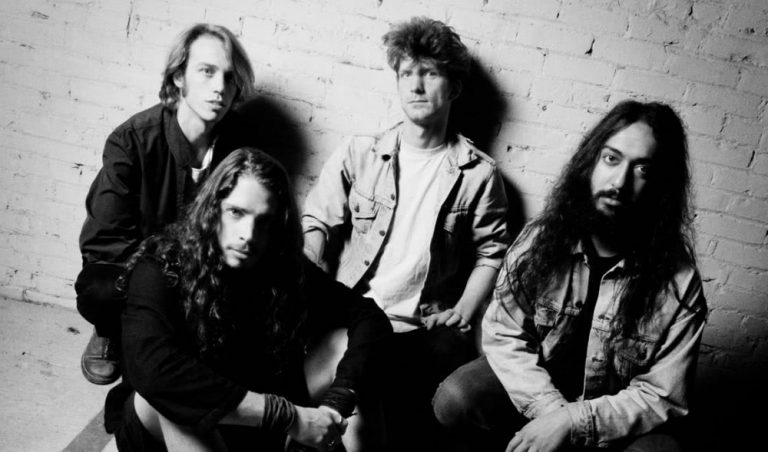Chris Cornell died last night, with rushed reports flittering in this morning of suicide; of method; of the meaning behind his final live song. We’re gong to sidestep all that, and revisit the demo for his most-loved song: the soaring, psychedelic 1994 hit ‘Black Hole Sun’.
‘Black Hole Sun’ is a pocket symphony, every bit as odd and dreamlike as the wide-eyed songs from the late ’60s that influenced it. Interestingly, it was the use of a Leslie cabinet – an analogue speaker that produces the distinctive, warm tremolo sound that features in a lot of classic ‘60s songs, and gives this tune its wobbly, water-dripping feel – that drove the overall feel of the song, as Cornell was composing it. This no doubt also inspired the stream-of-consciousness lyrics that sit somewhere between Edward Lear and John Lennon.
Cornell wasn’t sure of the song at first, having sprayed it out in less than 15 minutes. This reluctance isn’t surprising given how far a departure it was from the band’s previous album, the riff-heavy Badmotorfinger; as Cornell noted, “I wrote the song thinking the band wouldn’t like it – then it became the biggest hit of the summer.”
It certainly inspired similar psychedelic nonsense from guitarist Kim Thayil, who said, “It wasn’t safe as milk, but it wasn’t glass in someone’s eye either. It was the spoonful of sugar that helps the medicine go down.” I guess what he was saying is it was the friendly, familiar gateway drug that compelled nine million people to buy the much more abrasive Superunknown album.
It is easy to see how fans of the band’s moodier tunes will prefer this version.
The most notable and immediate difference in the demo version of ‘Black Hole Sun’ is the removal of the spacey intro atmospherics, which gives a more maudlin vibe – not unlike the intro of ‘Heart Shaped Box’. The extra reverb on Cornell’s voice in the verses suits the trippy mood, but is far too pronounced to be anything else bar a distraction. The muddy chorus is a lot darker than the positively bright version that ended up an MTV staple, and provides a compelling alternative.
Love Music?
Get your daily dose of metal, rock, indie, pop, and everything else in between.
It is easy to see how fans of the band’s moodier tunes will prefer this version, but it’s also easy to understand why Soundgarden ended up polishing this into a beaming pop beacon – it deserves to be one of the most popular songs of the past 30 years, and is rightfully so. Nevertheless, it’s comforting to know this darker rendition exists, for those times that sunshine just doesn’t appeal.
Just don’t go reading into the song’s B-side, a six-minute song named ‘Like Suicide’. After all, it’s only rock’n’roll, and these are only songs.

































